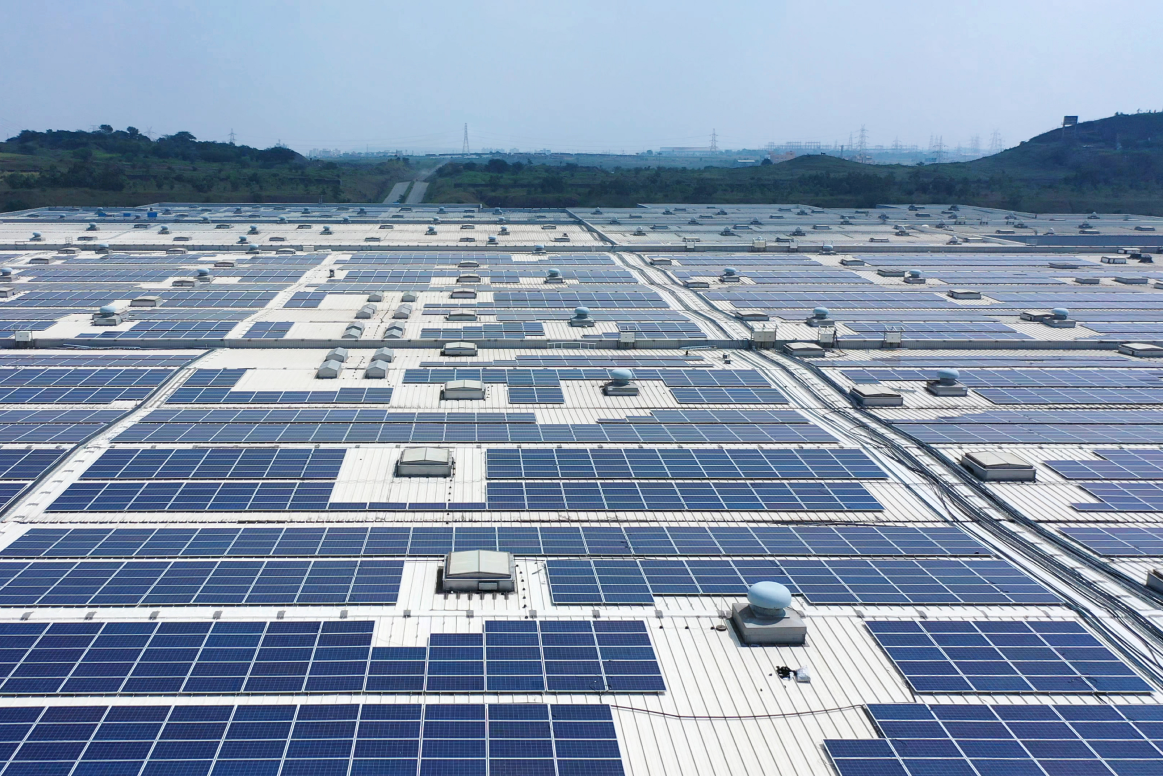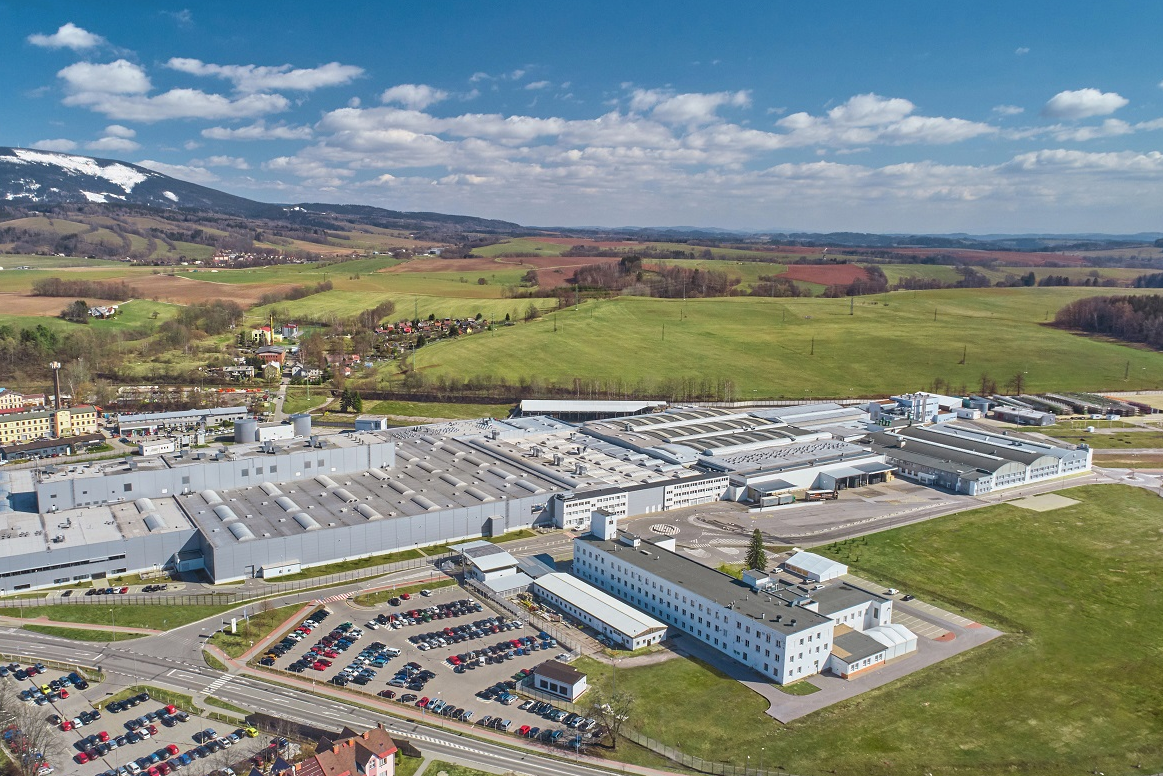The Volkswagen Group promotes biodiversity
The production and operation of our vehicles impact biodiversity through emissions, land use, and transportation. We want to minimize this impact by working to reduce our land use and thus add value to nature and improve biodiversity. We are working to increase biodiversity at our production sites and within the supply chain.
The Volkswagen Group is aware of its responsibility. We support conservation projects worldwide and have been involved in protecting and preserving biodiversity since 2007. As a founding member of the Biodiversity in Good Company e. V. initiative, we acknowledge the three goals of the international Convention on Biological Diversity (CBD). Moreover, we have defined corresponding action areas to make our contribution to achieving these goals within the framework of our business activities. We report on this every two years in our progress report.
We also want to support biodiversity by establishing a Biodiversity Fund with an annual allocation of up to €25 million for external projects starting in 2025. These projects will be carefully selected by an independent decision-making body.













